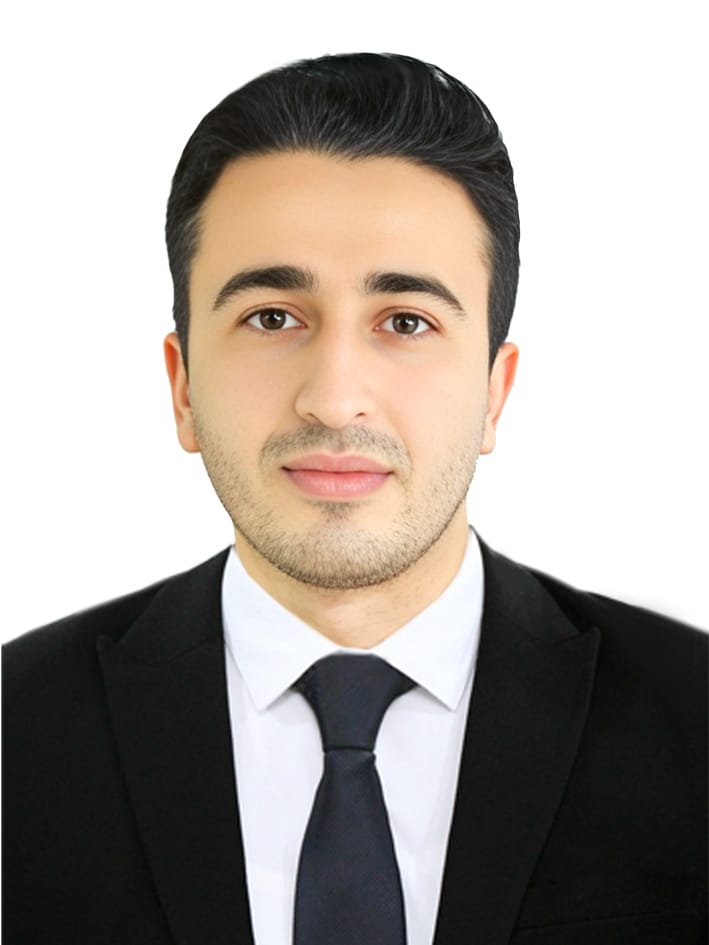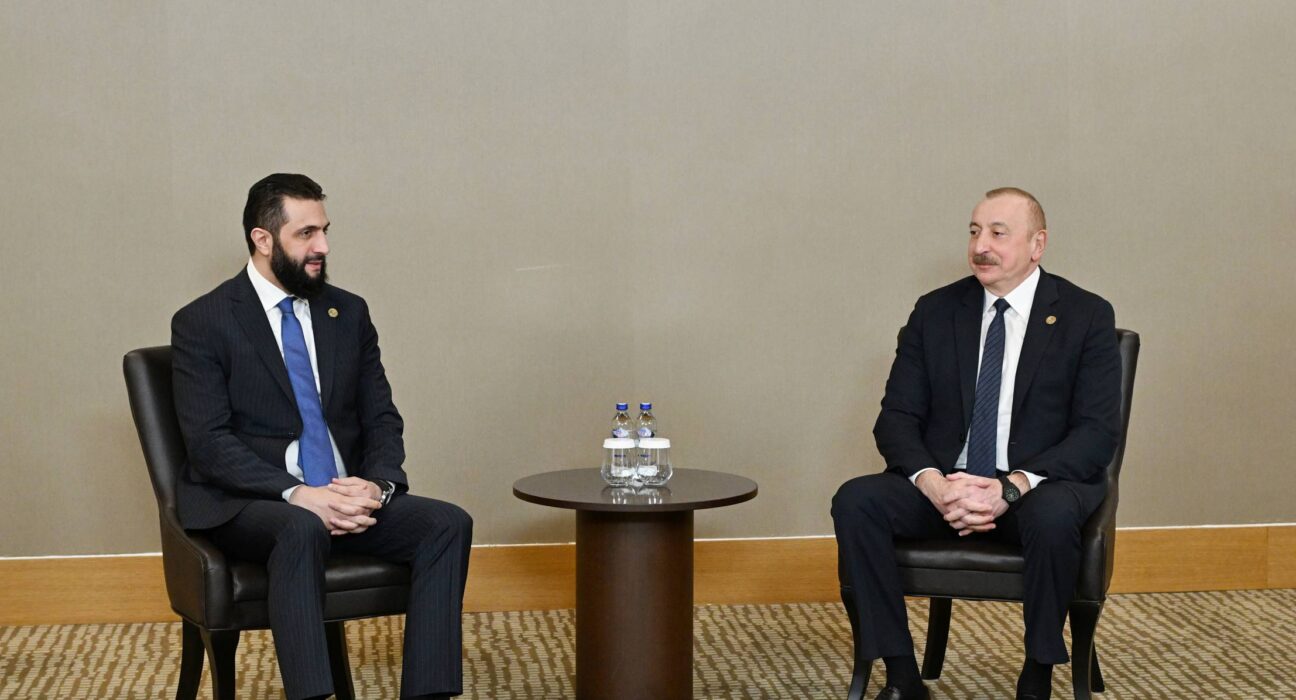by Rustam Taghizade

As the geopolitical tectonics of the Middle East shift, a new diplomatic player is quietly emerging: Azerbaijan. In recent weeks, Baku has hosted a surprising series of diplomatic moves — from signing an energy cooperation memorandum with Syria’s transitional government, to reportedly facilitating behind-the-scenes talks between Syrian and Israeli officials. These developments mark more than isolated events; they represent a pattern that Tehran is watching with growing unease.
For years, Iran has positioned itself as a gatekeeper to the Levant and the South Caucasus. But now, it finds its influence being challenged by a smaller neighbor employing a different model: pragmatic, multi-aligned, and focused on energy diplomacy and soft power. Tehran’s silence on the SOCAR-Syria deal, coupled with subtle yet unmistakable signals in Iranian media, suggest a mix of frustration and strategic anxiety.
Iran’s discomfort stems not just from Azerbaijan’s growing international presence, but from how that presence is being shaped. Baku has cultivated close ties with both Turkiye and Israel — two of Tehran’s main geopolitical rivals. Its ability to maneuver diplomatically, signing an energy deal with Damascus while simultaneously allowing indirect Israeli-Syrian engagement, reflects a level of neutrality and flexibility that Iran cannot afford, nor emulate.
One particularly symbolic moment was the confidential July 12 meeting in Baku between Israeli and Syrian officials — an unprecedented contact between two long-time adversaries. Though officially unconfirmed, the meeting has been widely reported by regional outlets and underscores Baku’s growing relevance as a neutral venue for difficult dialogue. The fact that Azerbaijan, a Muslim-majority country with strong ties to both Israel and Arab states, could host such a dialogue is itself a quiet revolution in Middle Eastern diplomacy. For Iran, which has long claimed a monopoly over regional resistance narratives, this development is more than a diplomatic gesture — it is a strategic affront.
Iran’s state-affiliated media and IRGC-linked analysts have begun framing Azerbaijan’s actions as part of a Western-backed containment strategy. Accusations of Baku becoming a “Zionist outpost” or a “proxy of NATO interests” have resurfaced, revealing deep anxieties in Tehran’s political establishment. What truly disturbs the Iranian regime, however, is not just Azerbaijan’s outreach — it is the idea that a small, independent Muslim-majority nation is successfully engaging across divides Tehran has long deemed unbridgeable.
At the core of Azerbaijan’s strategy lies what could be termed the “Baku model” — a flexible, non-aligned foreign policy approach that prioritizes energy diplomacy, regional connectivity, and soft-power mediation over ideological posturing or military adventurism. While Iran leans on asymmetric warfare, proxy networks, and sectarian narratives, Azerbaijan opts for multilateralism, economic pragmatism, and strategic balance.
This contrast has become increasingly stark in the wake of Baku’s recent moves. Hosting covert talks between traditional adversaries while simultaneously expanding energy links across politically opposed regimes positions Azerbaijan as a diplomatic node — not a client of any one bloc, but a connector among many. For Tehran, which has invested decades into a narrative of resistance and confrontation, this model is not just threatening — it is subversive.
The diplomatic landscape of the Middle East and the South Caucasus is undergoing a recalibration — and Azerbaijan is no longer a passive observer. By cultivating energy ties with Syria and enabling indirect dialogue between Damascus and Tel Aviv, Baku is signaling that regional influence no longer belongs solely to traditional powerbrokers like Iran.
For Tehran, this shift presents an existential dilemma. Either it adapts to the emerging multipolar order — where smaller states can act autonomously and bridge divides — or it continues to cling to a revisionist doctrine that isolates it further. The more Iran attempts to contain Azerbaijan through rhetoric or pressure, the more it inadvertently validates Baku’s approach and expands its appeal.
The “Baku model” is not just about diplomacy. It is about offering a functional alternative to a region long plagued by zero-sum calculations and ideological rigidity. In this evolving environment, it is not Iran’s slogans of resistance, but Azerbaijan’s quiet coordination that may define the next phase of regional politics.

